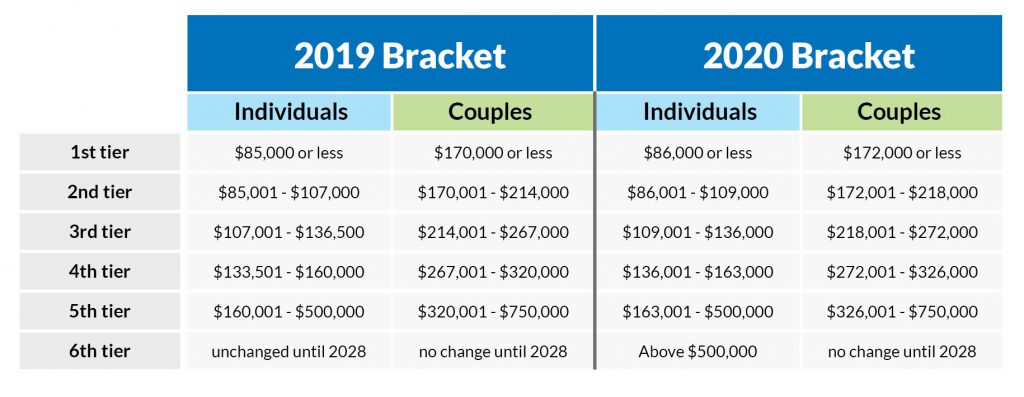Medicare is a federal health insurance program for people who are 65 and older. Medicare works within a network of doctors to provide beneficiaries, like yourself, with proper care. However, sometimes people will abuse their power and take advantage of the program. When this happens, it is considered Medicare fraud, or Medicare abuse. This is a serious issue that needs to be reported.

Billing Errors
Everyone has been there, opening up a bill only to notice an extra charge, or a couple of charges that are unidentifiable. Unfortunately, at times these billing mistakes can happen with Medicare.
Accidents happen. Just be sure to keep an eye on your bills and contact Medicare, or your doctor if you see a charge you do not recognize. They can explain why the bill has extra charges, or realize it was a mistake and correct it. These kinds of mistakes are not considered fraud or abuse.
Fraud
Medicare fraud does not just affect you, it affects taxpayers financially, and affects the availability of services for Medicare beneficiaries. An act is considered fraud when it is done intentionally, or abusing the Medicare system for personal gain. For example, it is one thing if your doctor bills you accidentally for services not provided, but for it to happen multiple times is a clear case of Medicare fraud.
Medicare fraud is when a doctor or health care provider sends a bill for services or products that were not medically necessary, more than once. If it is a pattern, or recurring issue, then it is fraudulent and considered Medicare Abuse. Some things a doctor might say or do that you should report are:

- Saying “the more tests performed, then the less you pay out of pocket.”
- Offering you a gift to get you to use their services
- Waives a copayment
- Saying the copayment is higher on a no-coplay plan
- Telling you they know how to get Medicare to pay for something that isn’t covered on your plan. (Tells you that you can receive coverage on a non-covered service).
- Claiming that Medicare endorses their products or services
Reporting It
Pay attention to your bill and look through your Medicare Summary Notice often. This will give you a clear understanding as to what is covered through your insurance, and how much things are. If you are overcharged for services, or products, then you are a victim of Medicare Abuse. When you report fraud or abuse, your name will be kept anonymous, so your doctor will not know it was you. Be
cause odds are if he or she is doing it with you, then they are doing it with others.

Report Medicare fraud or abuse by:
- Call the Medicare fraud tip line at 1-800-HHS-TIPS (1-800-447-8477). The TTY number is 1-800-377-4950.
- Email: You can also send up to 10 pages describing the incident to [email protected].
- Fax your report (up to 10 pages) to 1-800-223-8164.
- Mail the report (up to 10 pages) to the Office of the Inspector General HHS Tips Hotline, P.O. Box 23489, Washington, DC 20026-3489.
As stated, billing errors can occur, but if it keeps happening, then fraudulent activity is happening. Make sure to always stay on top of your bills, and know what is covered and what is not.










